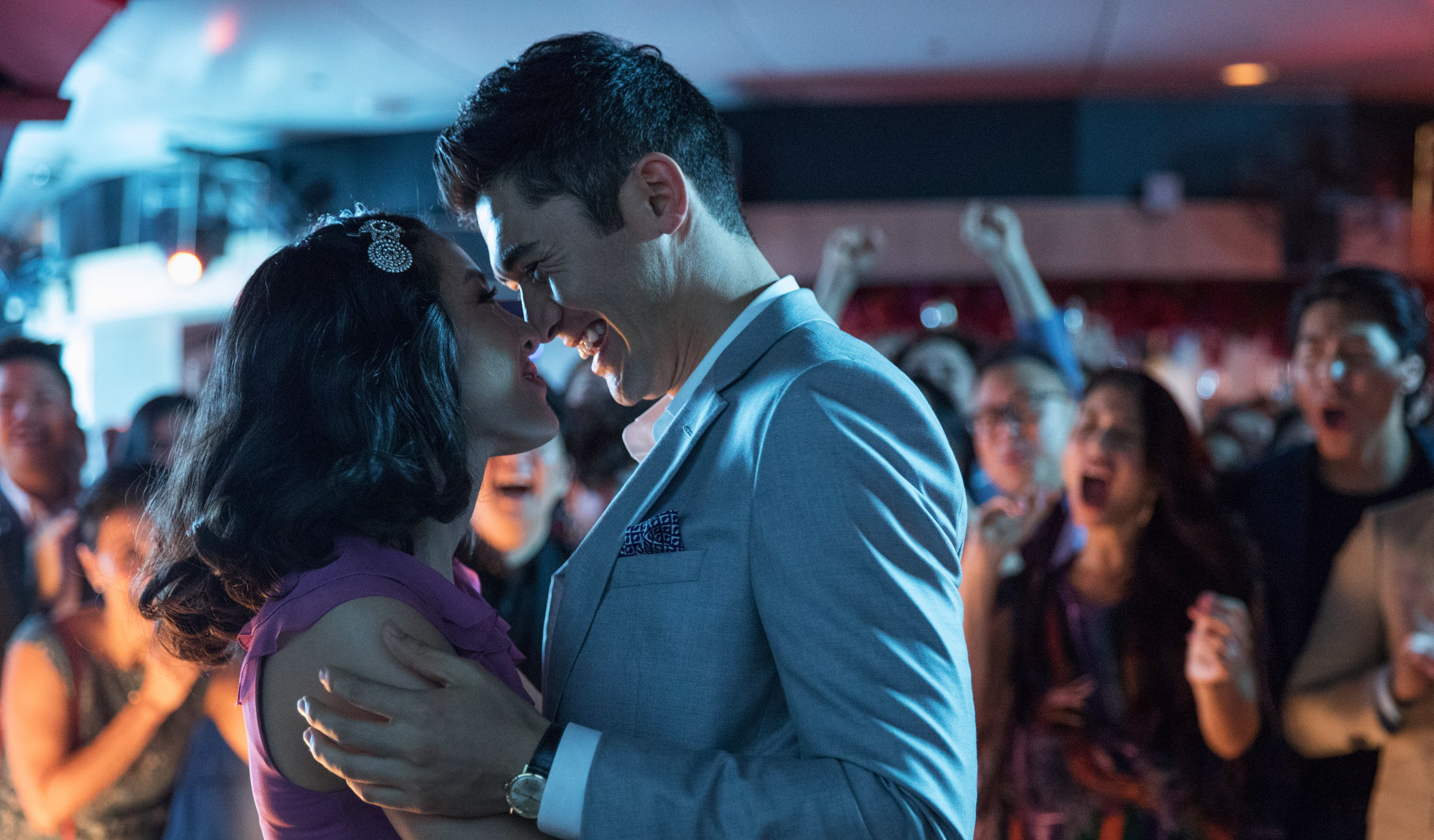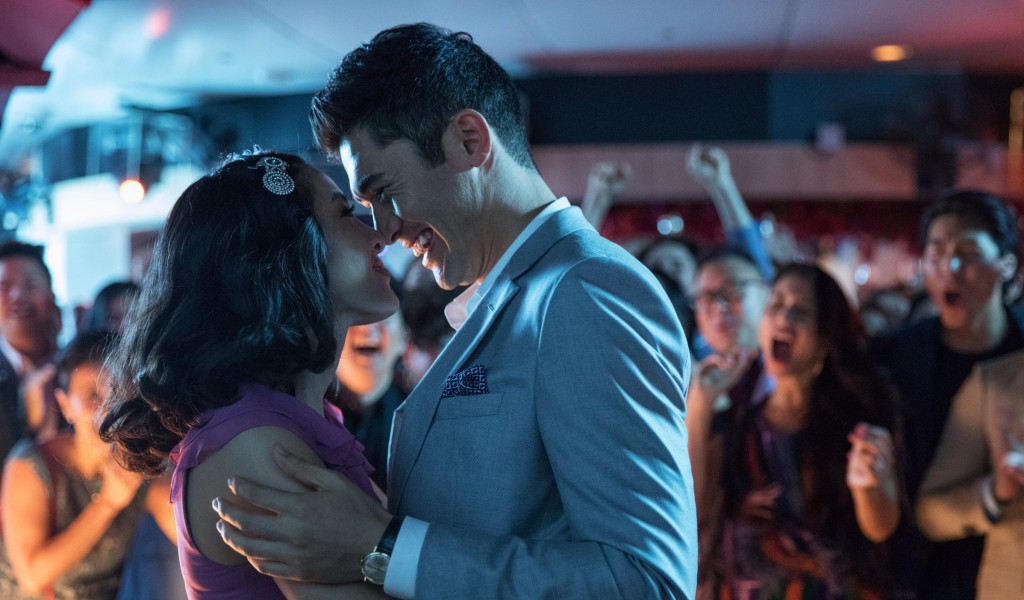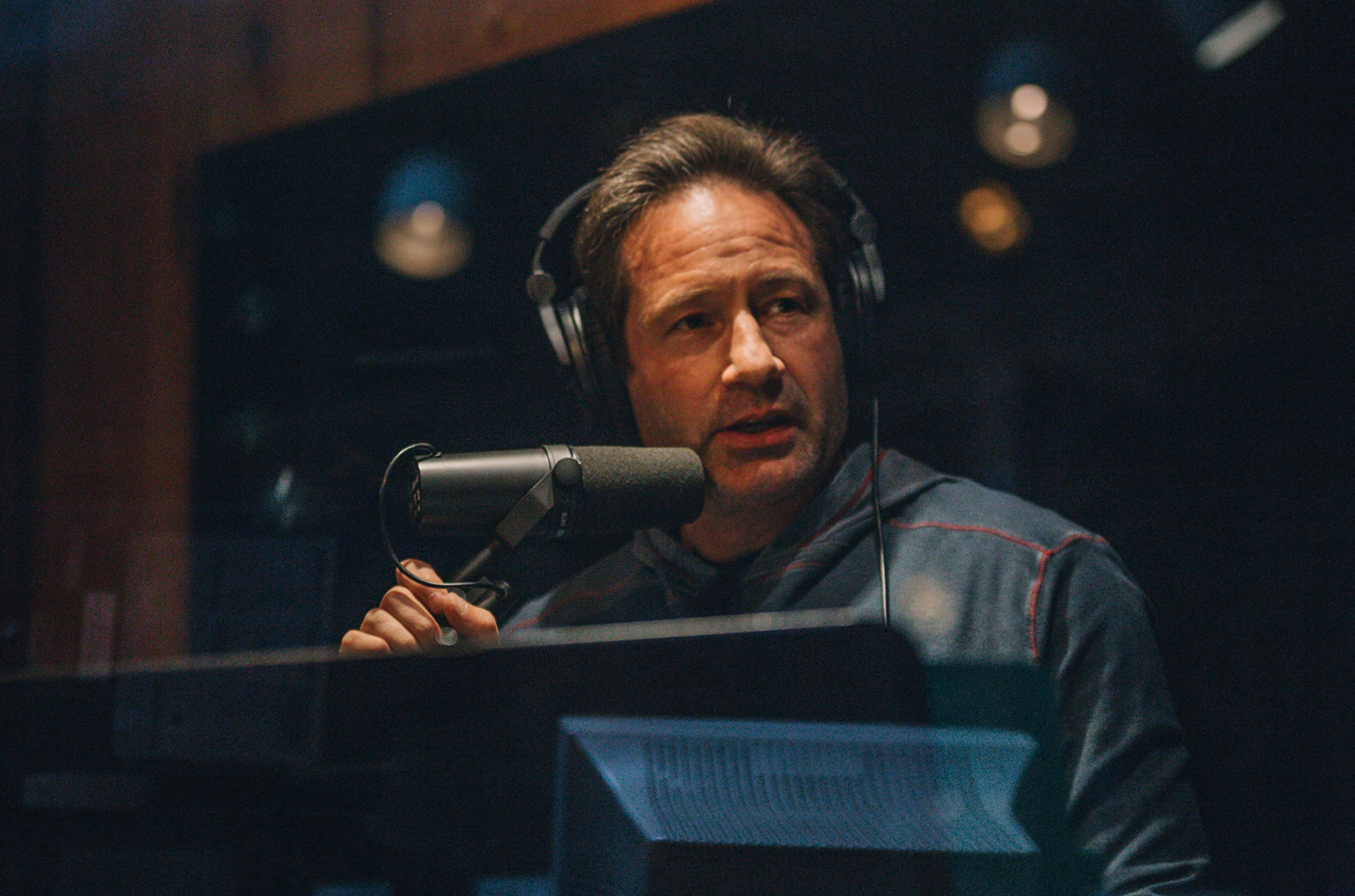Romantic comedies get a bad rep because the obstacle between the lovers is a joke.
There’s a misunderstanding, a misreading of a text message, and then a sudden spiral that only a dramatic gesture in the final scene can fix. Hence the trope that almost all rom-com conflicts could be resolved with an honest conversation. But in Crazy Rich Asians, adapted from Kevin Kwan’s novel by Peter Chiarelli and Adele Lim’s script, the romance comes up against a legitimately formidable roadblock: the Asian mother-in-law, and the cultural baggage of a whole other world.
The heart-first ethos of the genre is out of place in the intensively long-term, family-first philosophy of the Asian one per cent. Rachel Chu (Fresh Off The Boat’s Constance Wu) is, she believes, a “good Asian”: she is, after all, an economics professor. But she’s also a native New Yorker, raised by a single mother to boot, and her outsider status is made obviously clear when she travels to Singapore with her boyfriend Nick (Henry Golding) to attend a wedding and meet his family.
But Nick has neglected to tell her of his dynastic origins: the Youngs are an uber-powerful familial conglomerate who pretty much own the island, a cross between the Windsors and the Kardashians. The down-to-earth Rachel is forced to adjust to the wild affluence and the mercenary gossip that comes with hanging off the crown prince’s arm. Two maternal figures hold the keys to Nick’s future and, by extension, hers: his magisterial grandma Ah Ma (Lisa Lu) and his mother Eleanor (Michelle Yoeh, giving next-level hard stares).
Crazy Rich Asians’ conflict of feelings versus duty is embodied in the tension and brinkmanship between Rachel and Eleanor, easily the film’s most engaging pairing (Nick is just caught in-between). “How American”, dismisses Eleanor when Rachel describes her passion for her career. But Nick’s the golden heir, the assumed custodian for the next generation, and his betrothed is a political, not an emotional, matter. Eleanor’s alarms are ringing because Rachel is dangerous: socially unacceptable, but smart and earnest. A dazzled fish out of water, Wu’s Rachel is vulnerable and charming, and she deserved a meatier love interest than the handsome, decent and bland Nick.
The film’s most lively relationships are between women. There’s Rachel and the Young matriarchs, and also the typical loud, crazy best friend Peik Lin Goh (Awkwafina), who can’t believe she’s got a ticket into the Young inner circle, and provides a place to crash when it goes south just in time for the third act. Nick’s cousin Astrid (Gemma Chan) gets a subplot about the problems of her own marriage, and the dynamics that asymmetrical wealth can cause, her arc mirroring Rachel’s own assertion of value and self-esteem.
Directer Jon M. Chu has been learning about movement, choreography and energy from his work on Justin Bieber music docs and the stomping Step Up series, and Rachel’s trip to Pleasure Island bursts with good-time fizz. It’s also, on occasion, genuinely romantic and moving: there’s a ‘walking down the aisle’ scene set to Elvis Presley’s ‘Can’t Help Falling In Love’ that’s pitched perfectly, coming close to what the gaze of the beloved actually feels like.
The film recalls last summer’s great populist rom-com The Big Sick, in its interest in how foreign families complicate Western romance traditions, and its elevation of the in-laws to subjects worthy of courting in themselves. But it’s grander, less intimate, sticking closer to rom-com expectations even while putting them to the test.
Crazy Rich Asians is a celebration, really: of love, food, money and a whole demographic of performers eager for more than mystical supporting characters. It announces itself like a coming out party. Conor Smyth
Crazy Rich Asians is out on wide release from Friday 14th September.






